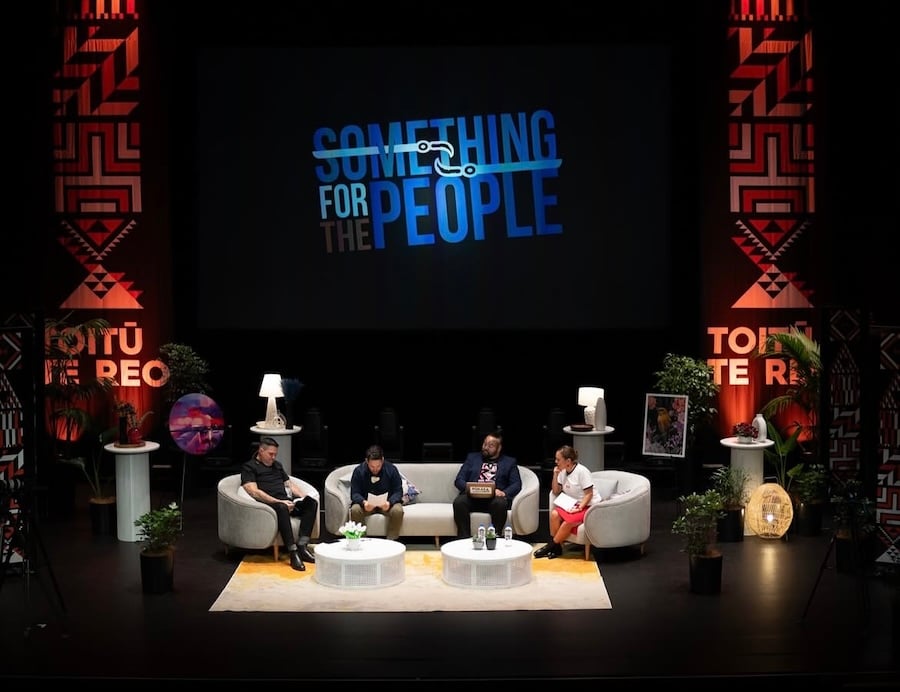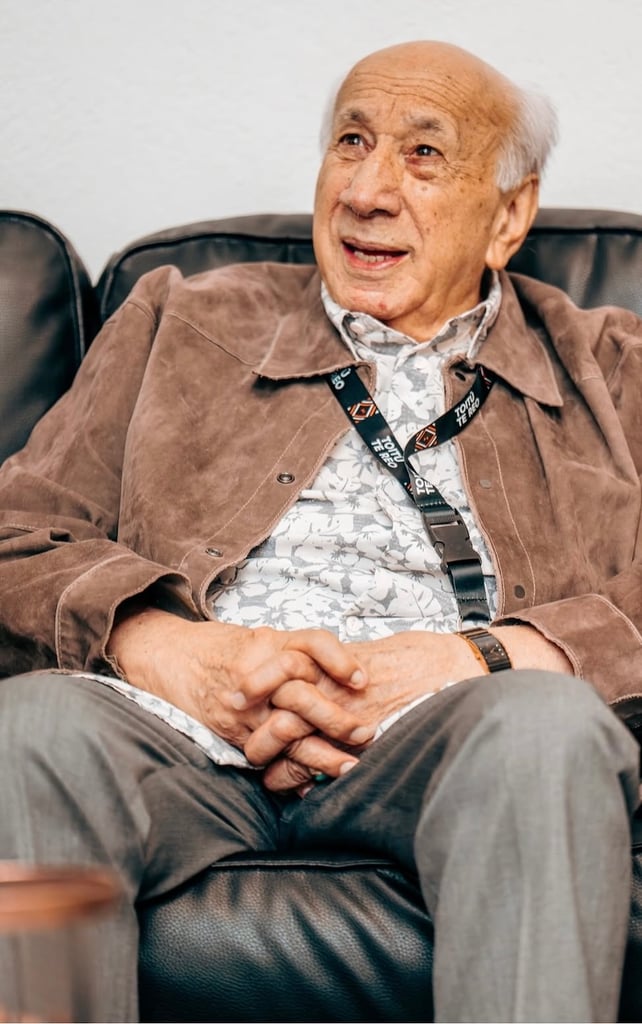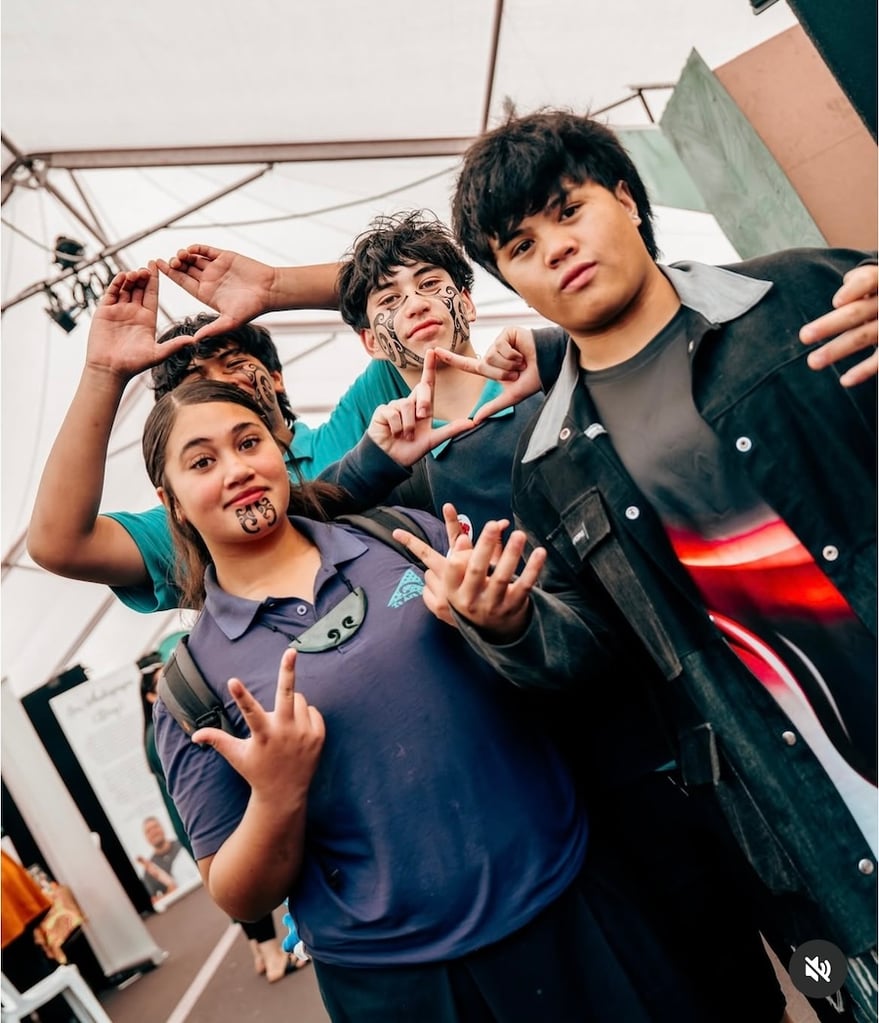
New Zealand’s Māori language and culture festival Toitū Te Reo will transition to a charitable trust, appointing five inaugural trustees.
During closing events for this year’s festival, held across two days in Hastings and hosted in both te reo Māori and English, founder Dr Jeremy Tātere MacLeod outlined plans for the new body.
“This is a natural progression for Toitū Te Reo and a transition that needed to happen,” says MacLeod, whose language revitalisation agency Kauwaka has been behind the festival for two years.
“It’s been incredible to come together and uplift our first language and culture for the second year running, but behind the scenes, we’ve faced tough economic conditions and were struggling to maintain institutional support. The charitable trust structure provides a more robust foundation for the festival’s operations and helps secure its future growth. Toitū Te Reo is a celebration that belongs to the motu, and trustees are language champions from iwi all over the country.”
A sustainable pathway
Along with MacLeod, the new trustees will be Aperahama Edwards, Karepa Wall, Pānia Papa and Dr Hana O’Regan. Sir Tīmoti Kāretu has also expressed his support for the transition and for those who have agreed to come onboard as initial trustees.
All of the future trustees were present at the event to mark the handover.

“It was vital we share the news of this change as soon as we could and with the sponsors, the organising team and the community that has supported us. It’s those key sponsors who have contributed to the ongoing viability and success of Toitū Te Reo,” says MacLeod.
This year, Hastings District Council, Te Mātāwai and Ngāti Kahungunu Iwi Inc. were among the organisations providing backing for the event.
“Realistically, we can’t continue to lean as heavily on our valued sponsors year upon year. The charitable trust model allows Toitū Te Reo to access new funding streams and establish a more stable governance structure,” he adds.
A milestone moment
This year’s Toitū Te Reo programme included symposiums, cultural events and community activities that celebrated Māori arts and language. It was attended by a number of high-profile language advocates, including broadcasters Mike McRoberts and Moana Maniapoto, as well as musicians Dame Hinewehi Mohi and Tawaroa Kāwana.
An estimated 7,500 visitors attended, with waiata, performances and te reo Māori reverberating throughout the streets of Hastings.


With all trustees now confirmed to take up new roles, the new governance model can begin planning the next festival immediately.
“I’m personally delighted to see this transition take place,” says MacLeod. “It represents a milestone moment in the development of Toitū Te Reo. With phenomenal support and love from our community, we’ve outgrown our original scope and now it’s time to ensure succession and continuity.
“After two years of hard work to establish the festival and cement its place on New Zealand’s national events calendar, it’s time to enable a more sustainable pathway, and ensure Toitū Te Reo flourishes into 2026 and beyond.”




